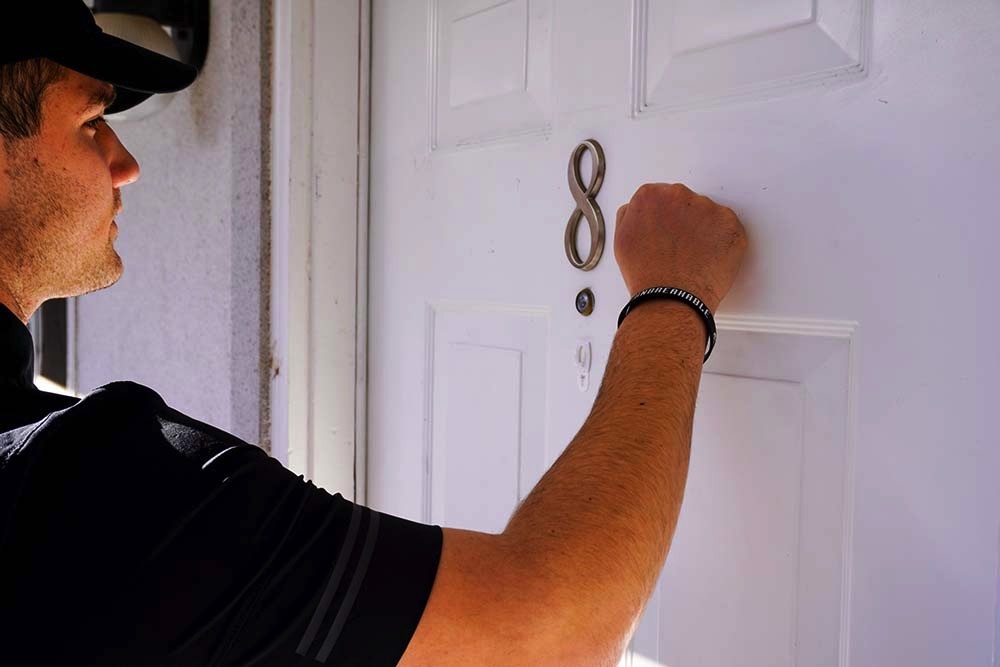Summer sales: Pros and cons to spending the summer knocking on doors
Working as a door-to-door salesman during the summer months, or more casually known as summer sales, is a common choice for many Utah State University students during their time away from campus.
A position in summer sales entails going door-to-door selling products and services such as pest control, internet, solar panels and home security. Salesmen can earn up to six figures in the course of three to four months.
Another common trend in summer sales is the opportunity to travel. Many companies will move salesmen to another state or region during the summer season.
Cordell Hancock has been selling pest control products for the past three years and plans to continue this summer. He said that there are pros and cons to these types of positions.
“The most obvious perk is the huge potential to make a ton of money,” Hancock said. “Depending on how hard you work and how much training and preparation you take for the summer, your payout when it’s all said and done can be anywhere from $15,000 to over $100,000.”
Hancock also talked about other perks and incentives, like free stuff including playing cards, skiing goggles, Apple watches and new cars, along with professional development.
“Another pro is the communication and persuasion skills you learn during the training and just from doing the work,” Hancock said. “One last pro is the networking and investing opportunities you can make from all the people you meet from your company.”
One of the downsides addressed by Hancock was that the work is hard and exhausting.
“Summer sales is a pretty grueling job,” Hancock said. “It requires a lot of mental grit. You get rejected and yelled at all day long so you have to be pretty mentally tough.”
Hancock also encouraged anyone who is considering summer sales to look into it, and said it can be a life changing experience.
However, not everyone supports summer sales opportunities like Hancock.
Reid Maki, director of child labor advocacy at the National Consumers League, spoke against summer sales in an interview with Deseret News.
“I would tell (young people) not to take a door-to-door sales job at all,” Maki said. “But if the young person is really tempted to take the job, I would check with the Better Business Bureau to see if the company is rated, check with the local police force to see if there have been any problems reported and perhaps check with the state attorney general’s office.”
The National Consumers League also ranked traveling sales as one of the top five most dangerous jobs in 2014.
“Many salesmen work six days a week and 10 to 14 hours a day,” the ranking reads. “When workers try to quit or leave the crew, they are told they cannot.”
The ranking also warns that practices such as drug use and underage drinking are not uncommon in the summer sales setting.
Ben Swan, a freshman at USU, did sales this previous summer. He said it was a really difficult position.
“There is so much money in summer sales if you can do it,” Swan said. “It’s such a hard job and there are long days and hard times, but if you can go out and push through and sell then you can even make it a career.”
Swan also noted that sales aren’t for everyone.
“You have to know when to quit,” Swan said. “There were people in my office who had worked there for years and made under $10,000, which, when spread over two years, is not that much, especially when there are people out there making that in a week doing the same work.”
-Jared.Adams@usu.edu
Featured photo by: Phil Weber

